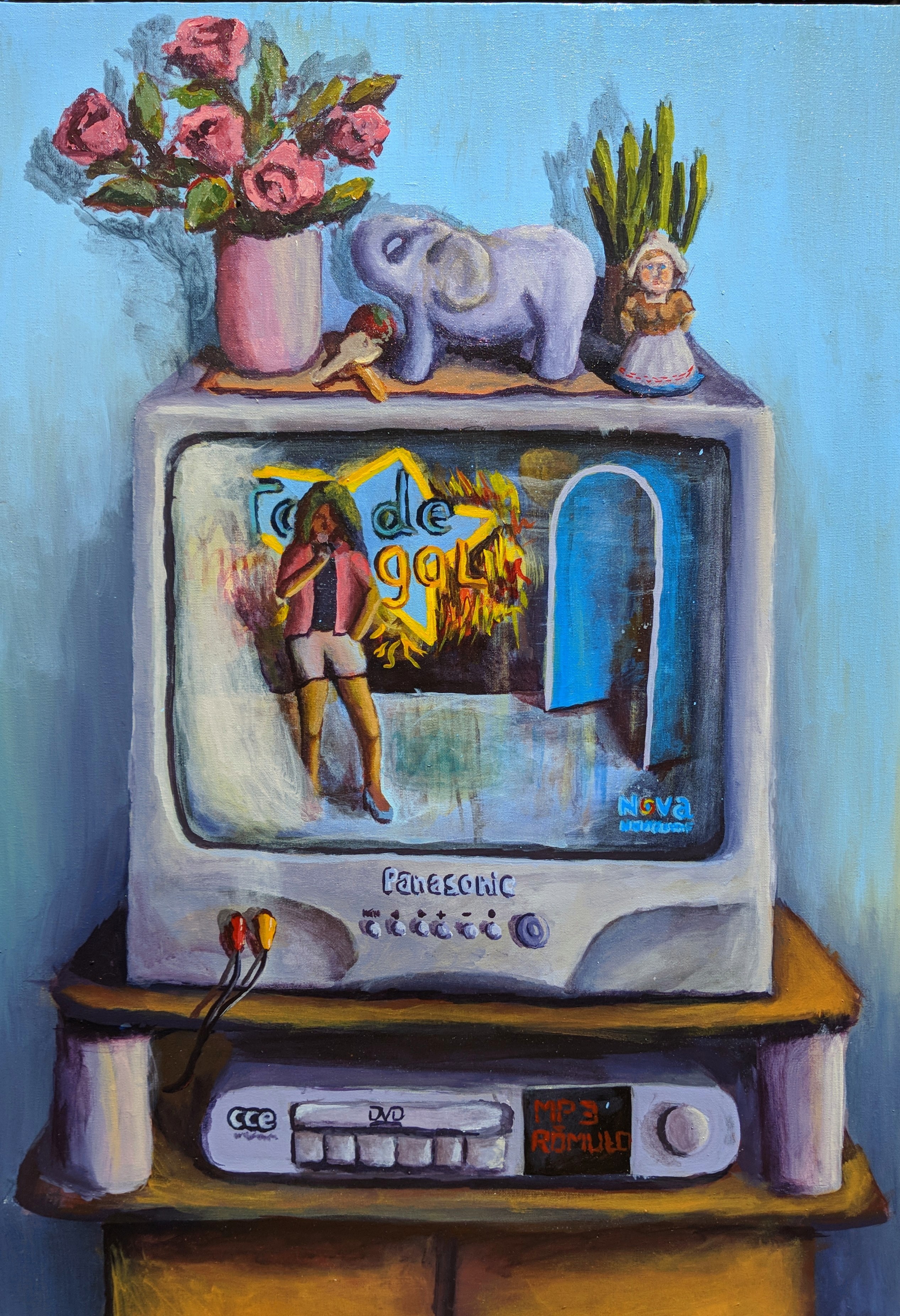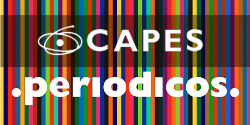A poesia contemporânea contra o genocídio da população negra
Dinha e o lirismo de libertação em Zero a Zero
Abstract
Our work seeks to analyze how the poetry of the writer, researcher and cultural producer Dinha aesthetically incorporates and elaborates the experience of the black genocide underway in Brazil in his book Zero a Zero: 15 poems against the genocide of the black population (2015). This objective feeds into the broader questioning of the ways in which literature is capable of representing historical events and processes whose overpowering violence makes them even narratively inconceivable - or unspeakable. In order to carry out our study, we carried out a full reading of the work studied in observation of its formal and thematic aspects, lyrically organized to meet the desire to compose a poetic discourse oriented not only to denounce genocidal barbarism, but also to react to the system, reproducing this violence and for announcing resistance to the dehumanizing structure. In order to substantiate this project, we visited other productions of the author: her interviews and theoretical works in which many of her perspectives and interests in relation to literature are presented. As for the expression in the literary text of socio-historical conflicts, we visited the theoretical production of Candido (2006) and Bosi (2002); about the ongoing genocide of the black Brazilian, we had the fundamental studies of Nascimento (2016).







